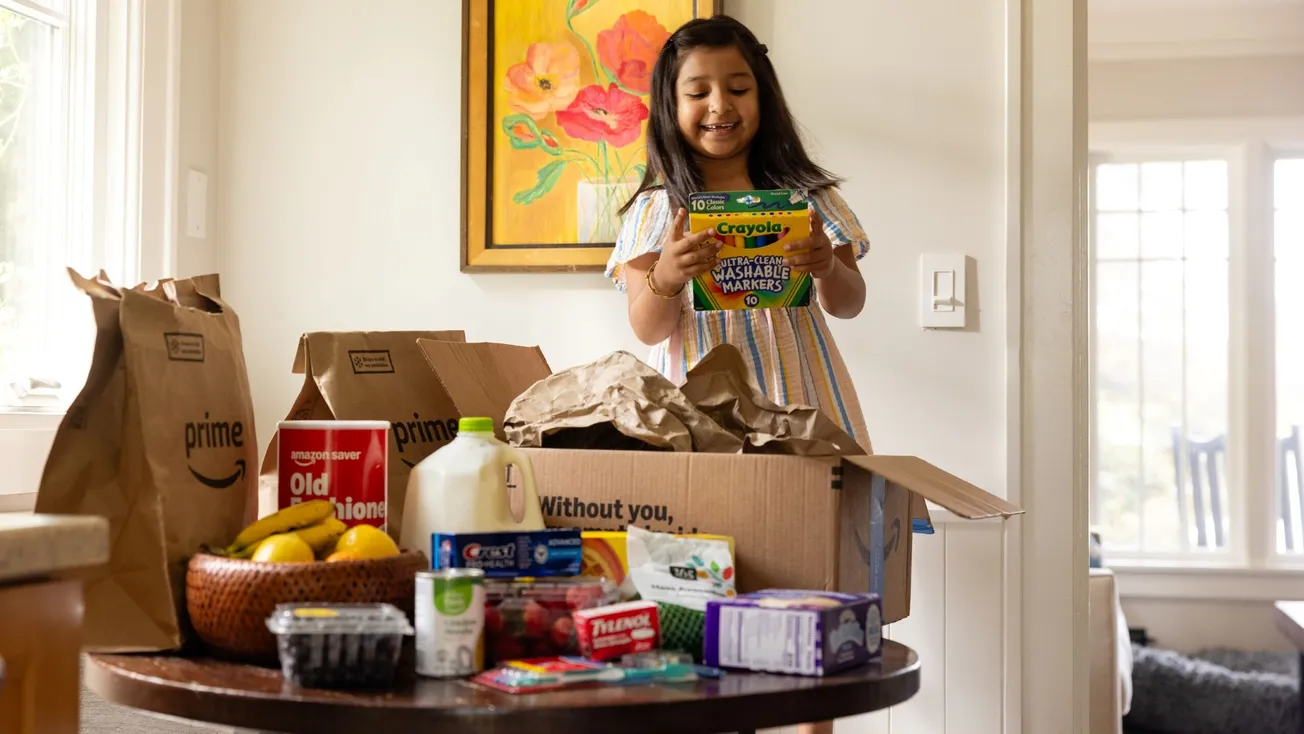WOONSOCKET, R.I. — A recent CVS Health study looked into the long-lasting impacts of the COVID-19 pandemic but also highlighted the resilience of patients, providers and the health care system, and the growing interest in new ways to engage with health care to achieve a more individualized experience.
The 2021 Health Care Insights Study (formerly known as the Path to Better Health Study) polled 1,000 consumers and 400 providers who were surveyed for their thoughts on the state of health care and how they are navigating this evolving landscape. The study revealed people’s changing viewpoints toward their own health as well as generational and gender preferences in how they would like their health care delivered.
It found people are starting to seek new avenues of care, using the last year as an opportunity to work on health goals and reexamine priorities. In fact, 77% of people said the COVID-19 pandemic has led them to pay more attention to their health in general, and 50% indicated previous stay-at-home orders helped them achieve their health goals.
Even as health insurance (55%) and location of care (43%) remained among the top factors that influenced consumer decisions, more people were exploring different avenues of care. For example, the study revealed shifts in the way people preferred to receive routine care, with a slight movement away from primary care providers (PCPs) to other health care resources. Routine care from PCPs has dropped since last year (56% versus 62% in 2020), and the use of online resources (19% versus 12% in 2020), community health centers (19% versus 15% in 2020), and local pharmacies (17% versus 11% in 2020) all grew in preference.
“Over the past year and a half, we have witnessed a dramatic shift in consumer health care preferences and needs,” noted CVS president and chief executive officer Karen Lynch. “These shifts toward personalized care have the potential to impact our health care system well past the pandemic, with many people taking a more engaged approach to their own health. Going forward, we have an opportunity to take what we’ve learned and continue to foster an integrated health model that is centered around the needs of the individual.”
While the pandemic has created opportunities to accelerate and improve health care, the study also found people have been struggling. Social isolation and economic uncertainty, among other pandemic-related factors, have impacted the mental health and well-being of many. The study data pointed to a lack of resources and support for vulnerable populations, with increased levels of substance use. Consumers reported an uptake in the use of nicotine (21%), alcohol (20%) and opioids (10%) this past year.
In addition to increased substance use, feelings of stress were pervasive, especially for men. Men reported slightly higher levels of stress compared to female respondents over the significant shifts that took place during quarantine.
For example, 70% of men compared to 59% of women said the COVID-19 pandemic had a high/moderate impact on stress related to caring for children who live in the home. While men reported higher level of stress related to the household, women weren’t as happy with their level of social connection — only 68% of women said they were happy with their social connection compared to 80% of men.





